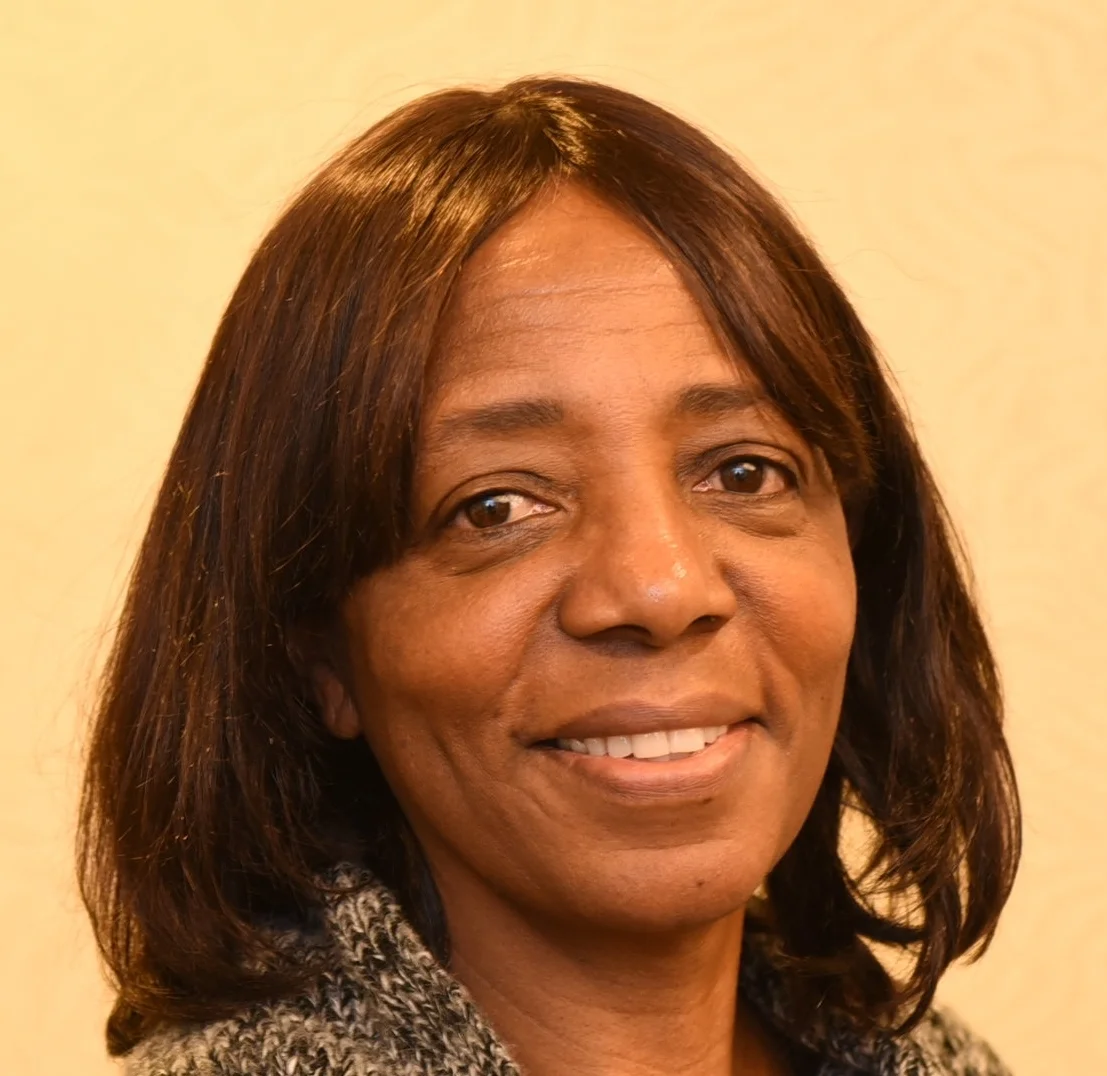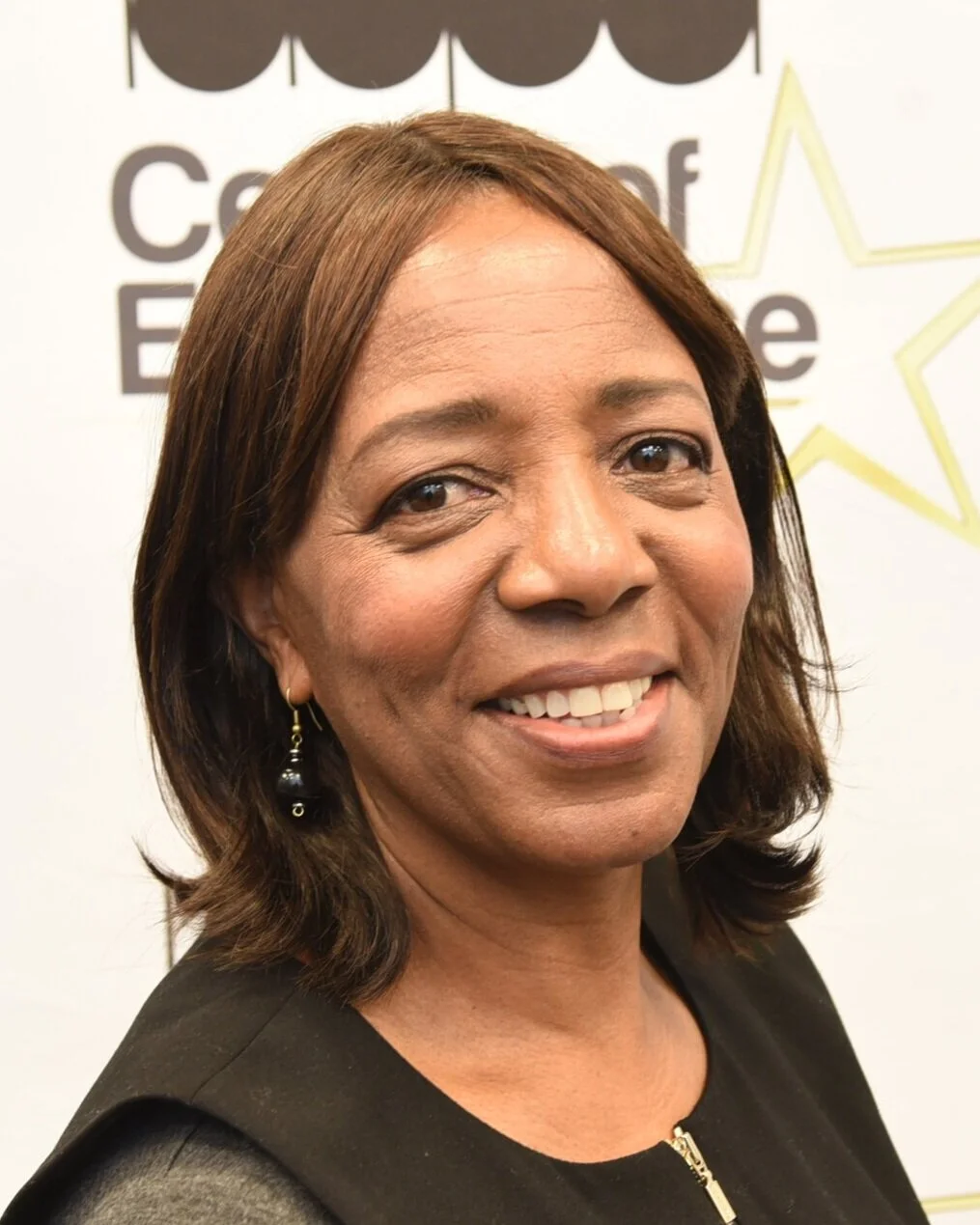Ottawa has its first Black female police inspector
March 15, 2018
“I will make you proud if you hire me.”
Isobel Granger made the promise to Godfrey “Terry” Friday who was recruiting Black officers for the Ottawa Police Service in the early 1990s.
She was among a group of five Black females who made history when they were hired in 1994.
Last week, Granger was promoted to inspector, making her the first Black woman to hold the senior rank. It was her third attempt.
Trinidad & Tobago-born Friday, the Service’s second Black officer who retired in 2001 as the first Black inspector, was elated upon learning of the appointment.
“I am so happy for ‘Miss Zimbabwe’,” he said from his New York home. “She was very mature and I could see she had a certain type of kindness that would resonate with people. I am really not surprised she has made it this far and is blazing a trail.”
As a 19-year-old, Granger was the first Black female officer hired by the British South Africa Police (BSAP) in her native Rhodesia which became Zimbabwe in 1980 after Southern Rhodesia secured its independence from Britain.
She hopes her ground-breaking promotion will inspire Blacks and other racialized women.
“I realized a long time ago that there is a picture much bigger than me and that has been re-inforced in the last few days by the many congratulatory messages I have received,” said Granger who will be assigned to the Criminal Investigations Directorate. “In order for people to trust, they need to be able to feel that they belong.
“For a lot of people in the community, it’s hard for people to trust police, especially when they come from places where there’s a low trust factor. So when they see people who resemble themselves, it’s easier to build that trust. That is what makes the promotion significant. In this day and age, we also have to have diverse voices at the table. I strongly believe we have more shared values than we realize, but our differences are what give us a competitive edge to be able to approach any issue.”
An Ottawa resident since 1964, retired public servant and author Ewart Walters welcomed the promotion.
“I have been part of a group that, for years, has been advocating for the recruitment of Black officers and their elevation to senior roles,” he said. “A good start has been made with the appointment of Isobel and another Black officer (Paul Burnett was also elevated to inspector last week). But much more needs to be done. And the driver must be the Ottawa Police Services Board which oversees the police on behalf of the public.”
Community media personality and advocate Sarah Onyango said the promotion is long overdue.
"Ever the consummate professional, Isobel is a hard-working and determined individual who has made a career of challenging systemic discrimination and negative stereotypes to blaze a trail for herself and other visible minority women in a decidedly male-dominated and difficult field," she said. "Hers is truly a remarkable story of triumph over adversity."
When Friday retired after 25 years with the Service, it took 16 years before another Black male officer – Carl Cartwright is the product of Haitian immigrants – was promoted to inspector in 2017.
As Granger and her family were looking for a country to migrate to, Canada and Australia emerged as their choices.
They moved to Ottawa in 1989 because she liked the sound of the name.
“That sounds silly, but that’s exactly how we ended up there,” Granger, who has a Master’s in leadership and a degree in policing studies, recalled.
Discouraged by her ex-husband from following through on an application to join the Ottawa Police Service in 1991, Granger – who worked as a gas station pump attendant and an IGA store cashier -- re-applied three years later and was hired.
Two decades ago, she encountered a harrowing experience while attempting to make an arrest.
Granger was stuck with a needle during the apprehension.
“My first thought was, ‘God, I have AIDS’,” Granger – who spent five years with the BSAP and the Zimbabwe Republic Police Service -- recounted at the time.
Her worst fear was realized when doctors related that she might have been infected. She was told that she might not contract the virus if she started AZT (anti-HIV drug) treatment within two hours of being jabbed.
Granger later learned that the robbery suspect refused to take the HIV test and could not be compelled by law to give a blood sample.
The suspect, however, changed his mind and agreed to be tested after another officer offered him a hamburger. He tested negative for HIV, although he was positive for hepatitis C. This was good news for Granger who discontinued taking the drug cocktail that was causing her severe physical harm.
Realizing that she couldn’t compel a suspect to provide a blood sample, Granger lobbied the federal government to enact legislation to support frontline responders. Her efforts led to the introduction of a private member’s bill, C-217, that received two readings in parliament. The Bill called for the taking of blood samples for the benefit of persons administering and enforcing the law and good Samaritans.
In 2001, she was recognized in the House of Commons Hansard 37th parliament sitting for going above and beyond the call of duty.
Granger -- the only Canadian trained to investigate sexual gender-based violence across the world – was deployed to Cambodia for nine months three years ago to assist with investigations into crimes against humanity, war transgressions and genocide committed from 1975 to 1979 during the Khmer Rouge regime.
In 2015, she was the first Black female Canadian law enforcement officer to be honoured with the Order of Merit of the Police Services.
Granger along with Debbie Miller, Stephanie Blades, Tami Casselman and Leslie Maley were the first Black females hired at the same time 24 years ago.
Four of the five trailblazers are still with the Service.
Maley was shot in the leg in her third week on the job when she and her partner stumbled on a bank robbery in progress. Diagnosed with post-traumatic stress disorder, she retired in 2010 and volunteers with the Badge of Life Canada.






